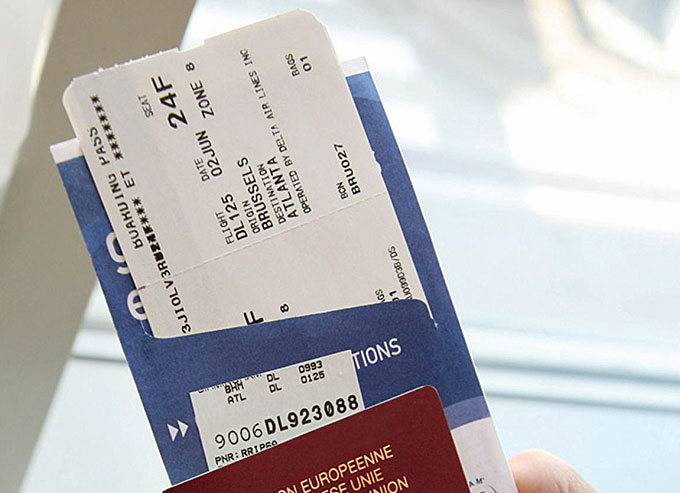
The United Nations Security Council (UNSC) has unanimously adopted a new resolution that will help Member States detect and counter the threat posed by foreign terrorist fighters (FTFs), especially those returning from the conflict zone in Iraq and Syria.
Resolution 2396 is particularly timely, given the collapse of ISIS’s false caliphate and its continuing efforts to commit terrorist attacks around the world.
Building on the positive legacy of UN Security Council Resolution (UNSCR) 2178, which was adopted in 2014 and obliged all states to criminalize FTF-related activities, the Security Council has directed members to take additional steps to address the terrorist threat as it has evolved over the last three years.
The United States led the negotiation of this new set of international obligations and commitments.
UNSCR 2396 requires all UN members to use Passenger Name Record (PNR) data and Advanced Passenger Information (API) to stop terrorist travel.
(What is PASSENGER NAME RECORD? What does PASSENGER NAME RECORD mean? Courtesy of Audiopedia and YouTube)
It also requires members to collect biometric data and develop watch lists of known and suspected terrorists, including foreign terrorist fighters.
In addition, the new resolution calls for stricter aviation security standards and urges UN members to share counterterrorism information with each other.
 These tools—which the United States has been using for years and which have now been embraced by the international community—will be critical in preventing the movement of ISIS fighters and other terrorists across the globe.
These tools—which the United States has been using for years and which have now been embraced by the international community—will be critical in preventing the movement of ISIS fighters and other terrorists across the globe.
The successful adoption of UNSCR 2396 demonstrates the United States’ unwavering commitment to the complete defeat of ISIS.
It also shows that the Security Council—along with the 66 countries that co-sponsored the resolution—remains firmly, unquestionably united in the face of the common threat of transnational terrorism.
In a statement, the US has said “We look forward to working with countries, UN bodies, civil society, and the private sector to implement this groundbreaking resolution.”
















